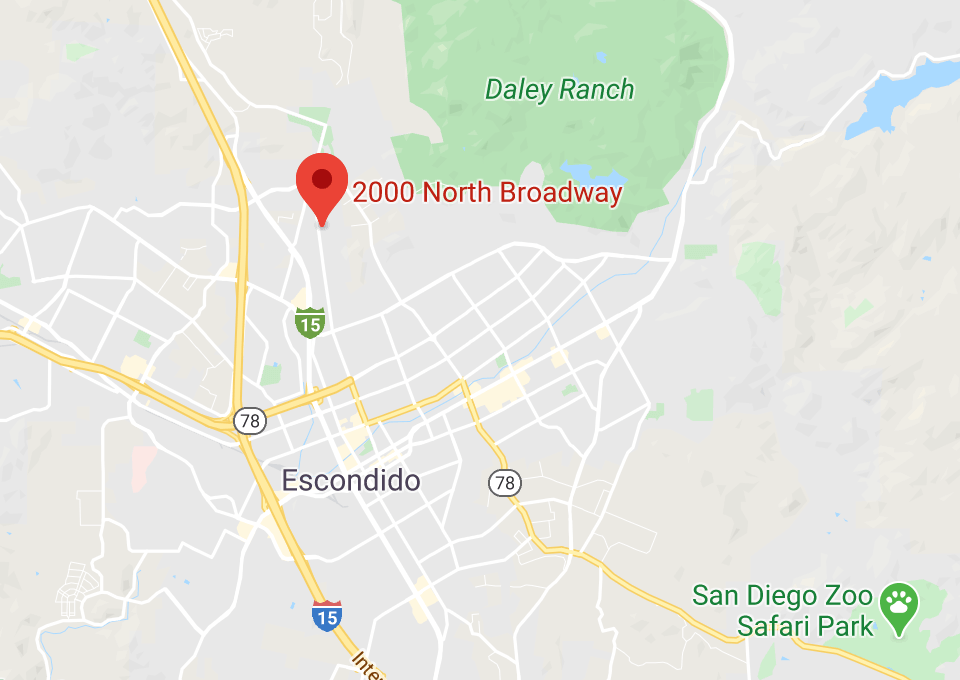My German grandmother occasionally quoted, “We grow too soon old and too late smart.” I often feel that way. At the beginning of my eighth decade I think back with gratitude to my years of working with students and teachers in Christian schools. I am grateful for all that I learned from them but it is only in recent years that I came to understand ways I could have improved my own work.

In the book Educating for Life, Nick Wolterstorff says that the Christian life must be a life of seeking justice for those who need it—for the poor, the downtrodden, the needy. He says that our lives are to be activities of thanksgiving. Remember that the Great Commandment Jesus gave us for our lives has two parts.
Master, which is the great commandment in the law? Jesus said unto him, Thou shalt love the Lord thy God with all thy heart, and with all thy soul, and with all thy mind. This is the first and great commandment. And the second is like unto it, Thou shalt love thy neighbor as thyself. On these two commandments hang all the law and the prophets. Matthew 22: 36-40
Christians are often better at keeping the first part of the Great Commandment than they are at keeping the second part. Our neighbor is every person who suffers from abuse, or scorn, or ridicule, or hunger, or lack of shelter. Our neighbors are all human beings made in Gods image, even if they do not, themselves, know God.
Read more from "Reflections on Christian Living" HERE.
——-
Gloria Stronks was a classroom teacher and reading specialist in state and Christian schools for 15 years. She later taught at Dordt College and then at Calvin College for a total of 22 years, and is the author or co-author of ten books. Presently, she is a scholar in residence at Whitworth University in Spokane, Washington and also, when she is able, travels to India to help teachers in Christian schools in the slums.



